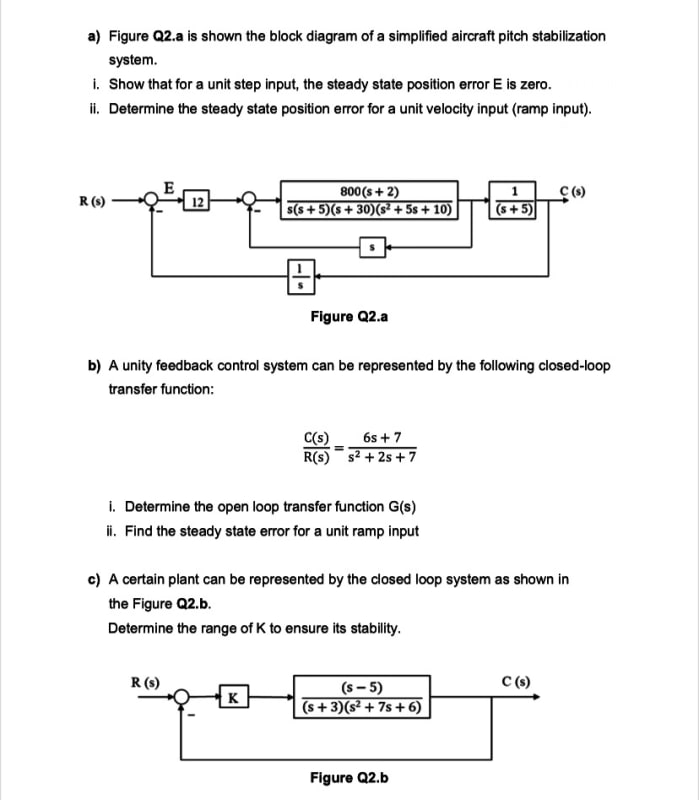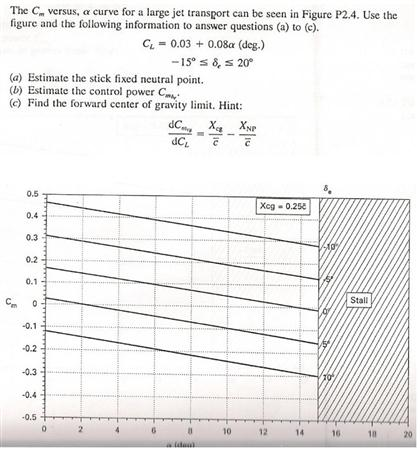The Error Stabilization Control (ESC) refers to a warning light that indicates a loss of traction or a fault with the system in a car. This light should only appear briefly while driving, but if it stays on, it could indicate a sensor or system malfunction.
ESC is a safety feature designed to automatically stabilize the vehicle during moments of temporary loss of control, such as when taking a corner too fast. Driving with the ESC light on is possible, but caution should be exercised. It is recommended to have the problem diagnosed and fixed by a mechanic as soon as possible to ensure proper vehicle functionality.

Understanding Error Stabilization Control
Error Stabilization Control, also known as ESC, is a crucial safety feature in modern vehicles. This technology helps prevent accidents by automatically stabilizing the car when it detects a loss of control, such as during sudden maneuvers or slippery road conditions. In this section, we will delve into the details of ESC and explore what it means when the stabilization control error occurs.
What Is Esc (electronic Stability Control)?
ESC, or Electronic Stability Control, is a system that constantly monitors the movement of your car and intervenes when it detects the possibility of skidding or losing control. It uses sensors to analyze factors like wheel speed, steering angle, and vehicle yaw rate to determine if any corrective action is required.
When ESC detects the potential for a loss of control, it selectively applies the brakes to individual wheels and adjusts the engine torque to help stabilize the car and keep it on the intended path. This advanced technology provides an additional layer of safety and enhances your driving experience.
What Does Stabilization Control Error Mean?
When you encounter a stabilization control error, it means that there is a malfunction in the Electronic Stability Control system. The error can be triggered by several factors, including faulty sensors, wiring issues, or even a drained car battery. This error is indicated by the ESC warning light on your dashboard.
While the error message may vary between car models, it generally alerts you to a problem with the ESC system and indicates that immediate attention is required to diagnose and rectify the issue.
What Would Cause The Esc Light To Come On?
The ESC warning light illuminates on the dashboard when the Electronic Stability Control system detects a fault. This fault can be caused by various elements, including a low car battery, a blown fuse, or even a damaged sensor.
It is crucial to address the issue promptly and consult a professional mechanic to diagnose the underlying cause. Ignoring the ESC light can compromise your safety and lead to further damage to the vehicle’s stability control system.
Overall, ESC is an essential safety feature in modern cars, providing drivers with an added layer of control and stability in challenging driving conditions. Understanding the basics of ESC, recognizing the stabilization control error, and addressing any issues promptly will help ensure optimal performance and keep you safe on the road.

Troubleshooting Esc Issues
When it comes to the safety of your vehicle, the Error Stabilization Control (ESC) plays a crucial role in keeping you and your passengers safe on the road. ESC helps stabilize your car when it detects a momentary loss of control, such as going around a corner too fast. However, like any other system, ESC can experience issues from time to time. In this section, we will discuss how to troubleshoot and fix ESC issues.
Diagnosing Esc Problems
If you are experiencing ESC issues, the first step is to diagnose the problem. Here are a few steps to help you pinpoint the problem:
- Check for error codes: Use an OBD-II scanner to check for any error codes related to the ESC system. These codes can provide valuable information about the issue.
- Inspect wheel speed sensors: The ESC system relies on wheel speed sensors to monitor the rotation of each wheel. Check these sensors for any damage or loose connections.
- Test the ABS module: The Anti-lock Braking System (ABS) module is closely related to the ESC system. Perform a test to ensure the ABS module is functioning properly.
- Examine the ESC fuse: A blown fuse can cause the ESC system to malfunction. Check the fuse box and replace any blown fuses.
Common Causes For Esc Light To Come On
The ESC light coming on indicates that there is an issue with the system. Here are some common causes for the ESC light to come on:
- Faulty wheel speed sensors: If the wheel speed sensors are not functioning correctly, the ESC system may not be able to detect wheel slippage or loss of control.
- Low battery voltage: Insufficient voltage can cause the ESC system to malfunction. Check your car’s battery to ensure it is charged properly.
- Malfunctioning ABS module: The ABS module is closely connected to the ESC system. If the ABS module is not working correctly, it can trigger the ESC light.
- Faulty ESC control module: The ESC control module is the brain of the system. If it malfunctions, the ESC light may come on.
Steps To Fix Esc Issues
If you have identified the problem with your ESC system, here are some steps you can take to fix the issue:
- Replace faulty wheel speed sensors: If the wheel speed sensors are damaged or not sending accurate readings, replace them with new ones.
- Check and charge the battery: Ensure that your car’s battery is in good condition and fully charged. If the battery is old or weak, consider replacing it.
- Repair or replace the ABS module: If the ABS module is malfunctioning, consult a professional mechanic to repair or replace it.
- Replace the ESC control module: If the ESC control module is faulty, it may need to be replaced. Consult a professional for proper diagnosis and replacement.
Solutions For Esc Malfunctions
Having trouble with ESC malfunctions? If your ESC warning light stays on, it could be due to a sensor or system fault. Don’t worry, our solutions can help diagnose and fix the problem for you. Drive with confidence again with our expert guidance.
Driving Safely With Esc Light On
If you find yourself driving with the ESC light on, it’s essential to take extra precautions on the road. The ESC system is designed to enhance your vehicle’s stability and prevent loss of control during maneuvers such as cornering or sudden swerves. With the light on, it may indicate a malfunction in the system, which might compromise its ability to assist you in maintaining control.
To drive safely with the ESC light on, follow these tips:
- Keep a steady and controlled speed to minimize any potential loss of traction.
- Avoid making sudden or sharp turns, as this may test the compromised ESC system.
- Leave ample braking distance between your vehicle and others to ensure you have enough time to stop safely.
- Be cautious when driving on wet or slippery surfaces, as the compromised ESC may not be as effective in maintaining control.
Getting Professional Help
If your ESC light remains on despite following safety precautions, it’s crucial to seek professional assistance. Only a trained mechanic or technician can accurately diagnose the issue and provide the necessary repairs.
Here are steps to take when seeking professional help for ESC malfunctions:
- Find a reputable repair shop or contact an authorized dealer for your specific vehicle brand.
- Describe the issue accurately, mentioning the illuminated ESC light and any abnormal driving experiences you may have noticed.
- Schedule an appointment and bring your vehicle to the chosen repair facility.
- Allow the technicians to conduct a thorough inspection and diagnostic tests to pinpoint the cause of the ESC malfunction.
- Once they have identified the problem, the technicians will provide an estimate for the repairs needed and will proceed with the necessary fixes upon your approval.
Understanding The Importance Of Esc In Vws
Electronic Stability Control (ESC) is a vital safety feature in Volkswagen vehicles. It continuously monitors various sensors to detect any loss of control, such as skidding or oversteering, and automatically intervenes to stabilize the vehicle.
With ESC, Volkswagen owners can enjoy benefits such as:
- Enhanced vehicle stability, especially during sharp turns and unpredictable road conditions.
- Improved traction control, reducing the risk of wheels spinning on slippery surfaces.
- Increased driver confidence and peace of mind, knowing that the vehicle’s stability is being actively monitored and regulated.
It’s crucial to prioritize the prompt resolution of any ESC malfunctions to ensure the continued effectiveness and safety of this important feature in your Volkswagen.

Frequently Asked Questions On Error Stabilization Control
What Does Stabilization Control Error Mean?
Stabilization control error means that there is a fault with the electronic stability control (ESC) system in your car. When the ESC warning light comes on, it indicates that the system is in use and a loss of traction has been detected.
If the ESC light stays on, there may be a sensor or system issue that needs to be addressed. Drive with caution if the ESC light is on.
What Is Stabilisation Control?
Stabilisation control is a feature called Electronic Stability Control (ESC) that helps your car maintain stability during moments of potential loss of control, such as when cornering too fast. It activates automatically when it detects the risk of losing control.
If the ESC warning light stays on, there may be a sensor or system fault. You can still drive with the ESC light on, but exercise caution.
Can You Drive With Esc Light On?
You can still drive with the ESC light on, but exercise caution. The light may indicate a malfunction in the stability control system. Get it checked by a mechanic to diagnose and fix the issue.
What Would Cause The Esc Light To Come On?
The ESC light can come on due to electrical issues like a low car battery or a blown fuse. If the ESC light stays on, it may indicate a fault with a sensor or the system. Drive with caution if the ESC light is on and consult a mechanic to diagnose and fix the problem.
Conclusion
Error stabilization control is a crucial feature in modern cars that helps maintain stability and control when driving. The ESC warning light indicates a potential issue with the system or a sensor malfunction. While you can still drive with the light on, it is advisable to have it checked by a mechanic.
Remember, safety should always be a top priority when it comes to vehicle performance. Stay vigilant and address any issues promptly for a smooth and secure driving experience.

